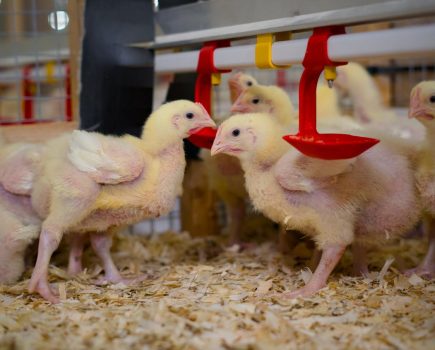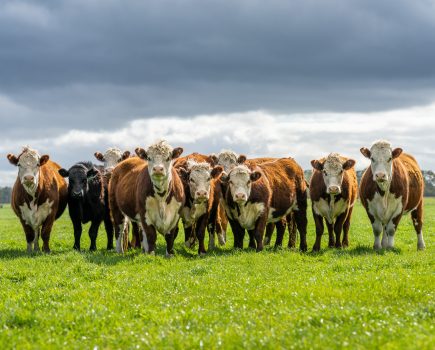Where to start with health planning by Emily Phipps, Westpoint Farm Vets, Sevenoaks branch.
By looking ahead for the coming year we can use health planning as a tool to identify issues that have reduced performance and productivity, implement health protocols and set appropriate targets. Herd and flock health is vital to ensuing your farm is profitable, and profitability comes by efficiently keeping your animals in the best condition.
What are the key stages of health planning?
- Protocols – your current management for treating and preventing diseases, as well as routine procedures
- Records – treatments given and disease incidence, which is why it’s also useful to keep your medicine book up to date.
- Review – to ensure we’re achieving the targets that have been set from the previous year and looking for ways we can improve for the next year
- Action – putting into practice the plans you have made.
What are the key features of health planning?
- It is specific to your farm
- It should be practical and easy to use; large documents are rarely read, so it needs to be simple and practical
- It needs to be reviewed and updated regularly; it can highlight problem areas but can also be useful to challenge usual practices and how they can be improved
- It should rely on advice, especially when reviewing health management issues
- It must include biosecurity
- It needs to reflect good farm management and practices.
How to use your health plan to prevent infectious diseases
Protecting your herd or flock from infectious diseases such as bovine viral diarrhoea, infectious bovine rhinotracheitis and enzootic abortion is critical to a farm’s success.
Creating your health plan in conjunction with your vet is a vital first step towards preventing disease. It should outline the disease status of your farm, identifying key challenges and areas of risk. This will help provide a framework for prevention strategies and outline how existing problems can be tackled and measured.
Create a calendar to follow easily
A useful calendar helps you plan and track farm health activities throughout the year. By working with your vet on this, you can make informed decisions on the best use of medicines.
Your health plan can help manage and simplify the timing, product choices and application protocols of animal treatments, which in turn will improve the effectiveness of disease control. Your health plan and calendar should include activities such as faecal worm egg count, used both pre- and post-treatment as well as to assess resistance levels.
Additional tools for parasites are screening for liver fluke, testing for coproantigen in faeces or antibodies in the blood. Disease due to parasites is often weather-dependent, so every year is likely to be different and treatment protocols will vary accordingly. Having a system in place as a reminder of when to test for parasites can be vital for animal health.
This can continue with infectious disease testing and prevention schemes. Having dates regarding when to test and when/which animals to vaccinate can be crucial to ensure specific points in time aren’t missed, such as vaccinating breeding sheep with abortion vaccine at least four weeks before mating.
Monitoring and adapting is essential throughout the year
There’s no better time to start health planning than the beginning of the year, but practices and procedures need to be reviewed continually throughout the year and their effectiveness monitored while still dealing with issues. It becomes a constant circle resulting in improved health and welfare.







